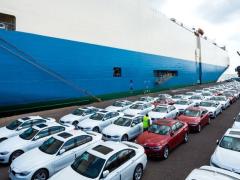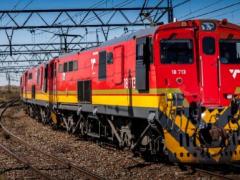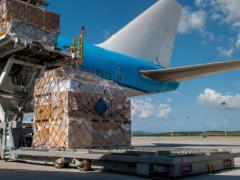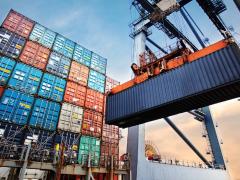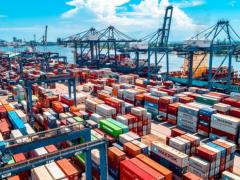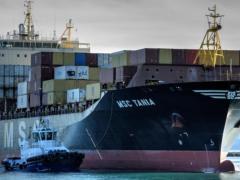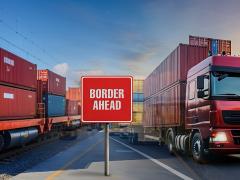South Africa has had a trade deficit with India for seven of the past 10 years, with the only surpluses being recorded between the 2016 to 2018 commodity boom. In 2014, SA exports to India were worth $3.8 billion and imports around $4.5bn, leaving a $788 million deficit. A decade later, trade has almost doubled, while the deficit grew to $2.6bn in 2024, with SA exports totalling $4.7bn and imports from India $7.3bn, according to Comtrade. SA’s main exports to India are commodities – minerals, coal, gold and chemical wood pulp. India’s exports to South Africa include petroleum products, vehicles, pharmaceuticals and machinery. This mix reflects the rapid industrialisation of India and deindustrialisation of SA. In September 2014, Prime Minister Narendra Modi launched the “Make in India” initiative, which sought to make it easier to do business in the country. “India’s economic trajectory during the past decade has been remarkable, consistently surpassing global averages,” says Ramesh Nanjundaiya, visiting professor in international marketing at a university in Bengaluru, India, in a review of the past decade. He attributes the success to structural reforms such as the implementation of the Goods and Services Tax (GST), which has streamlined the indirect tax system, fostering business ease and tax compliance. “Additionally, emphasis on digitalisation and innovation led to the rise of startups and expanded the digital economy, with initiatives like ‘Digital India’ enhancing technology access. “Furthermore, the focus on renewable energy underscores India’s commitment to sustainable development.” According to the Indian government press office, the country is due to become the fourth- largest global economy in 2025. It is the world’s fastest- growing major economy, with real gross domestic product (GDP) growing at 6.5% and nominal GDP tripling from 2014 to 2024. South Africa is trying to increase its exports. In July 2025, the South African Revenue Service (Sars) signed a Mutual Recognition Agreement (MRA) with India’s Central Board of Indirect Taxes and Customs (CBIC), which, Sars says, will streamline customs procedures and enhance security for companies involved in trade between the two countries. It enables accredited traders (in SA, the authorised economic operators or AEOs) to benefit from faster customs clearance, reduced inspections, and lower administrative burdens, according to a Sars statement. In April, a memorandum of understanding on business cooperation was signed between the South African Chamber of Commerce and Industry and the CII India Business Forum. ER
India – SA economic ties expanding
Comments | 0

